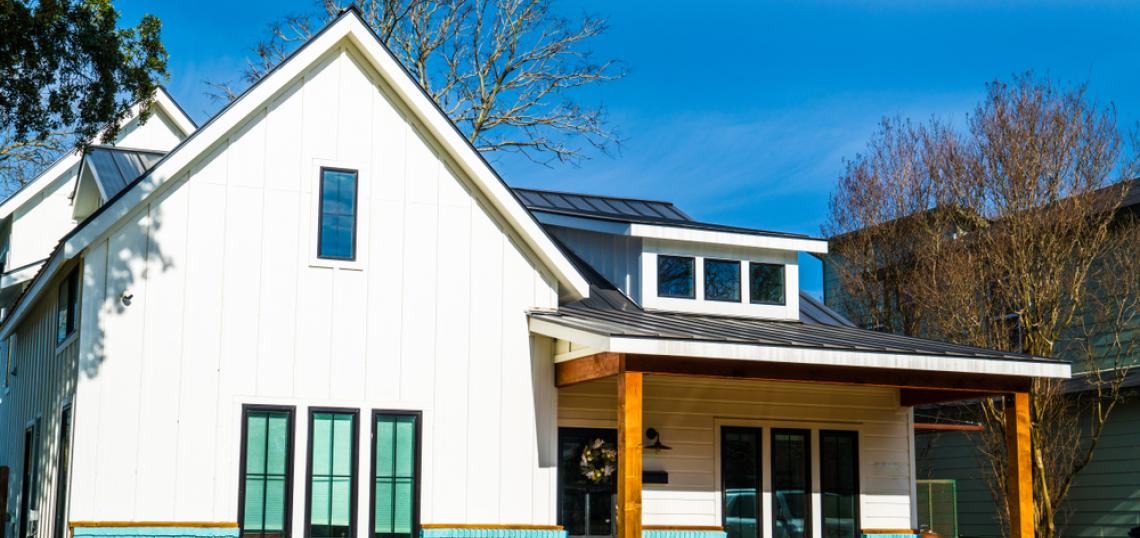Hoping to encourage the urban density that will in theory result in more, smaller, and less-expensive housing, the Austin City Council Thursday approved an initiative would radically reduce its minimum residential lot size.
Currently the amount of land the city requires to build a new residence is at least 5,750 square feet. The Council voted to initiate land development code amendments that would reduce the minimum to 2,500 square feet and to allow up to three units per lot. The resolution, passing with 7 in favor and 2 opposed, directs the city manager to propose the amendments to the city code.
Council Member Leslie Pool, who lead the move to reduce residential lot sizes, said she thinks the change will address “the challenges middle-income families face and deliver true benefits to those looking to buy a home and stay in Austin, as well as those who continue to work to stay."
Measures to implement to the change could include adjusting development requirements such as setbacks , water infrastructure, and impervious cover limits, Pool said.
HousingWorks, the Austin Board of Realtors, and the Austin EMS Association were among the organizations supporting the initiative. The Austin Board of Realtors elaborated its support in a Friday statement:
The Austin Board of REALTORS® is pleased city council has taken action to decrease the minimum lot size of residential properties, intended to help increase the abundance and variety of housing. We support this resolution because it demonstrates the Council prioritizing housing of a wider variety and with more development flexibility to meet the needs of our rapidly growing community.
We appreciate Council Member Leslie Pool’s office for involving us in helping shape this resolution. We would also like to thank Council Members José Vela, Zo Qadri, Mayor Pro Tem Paige Ellis and Mayor Kirk Watson for sponsoring this resolution. ABoR will continue to address and support meaningful changes to increase our city's housing stock and we look forward to partnering as a stakeholder during this important policy discussion.
Public comment and debate on the measure lasted five hours, with Austin residents speaking both in favor of and vehemently against the resolution.






